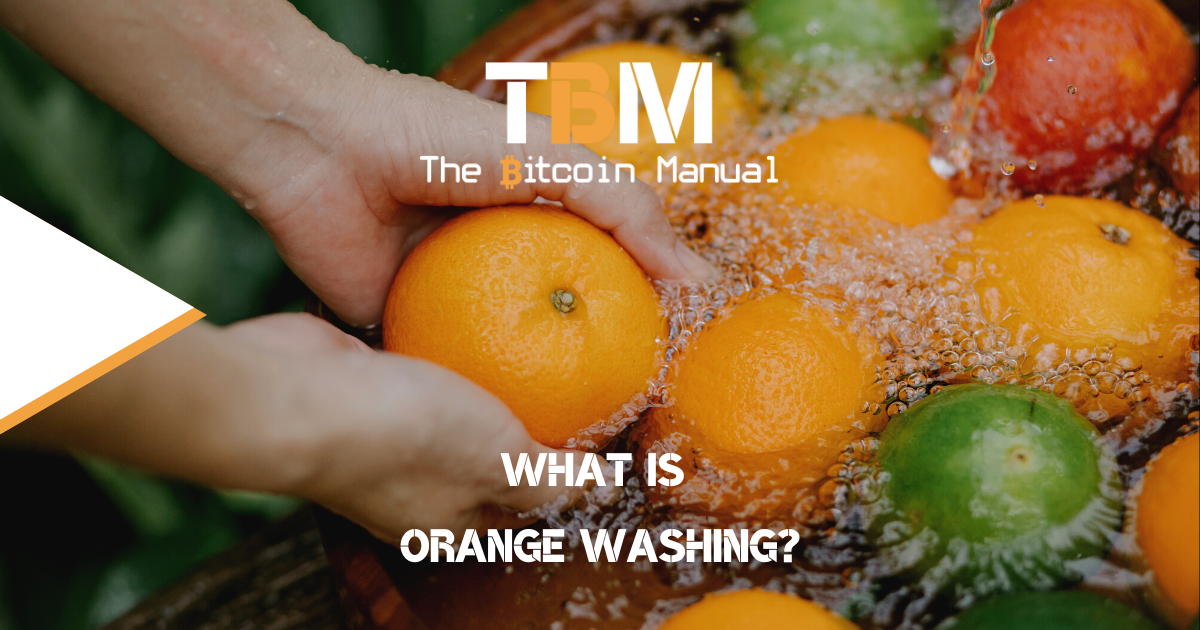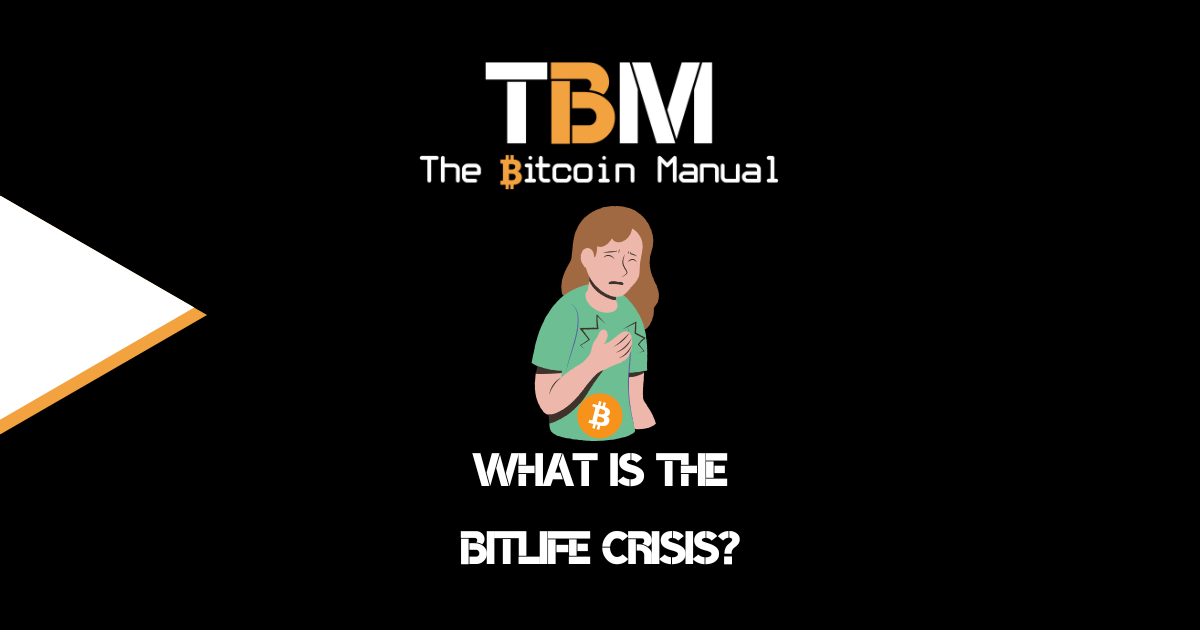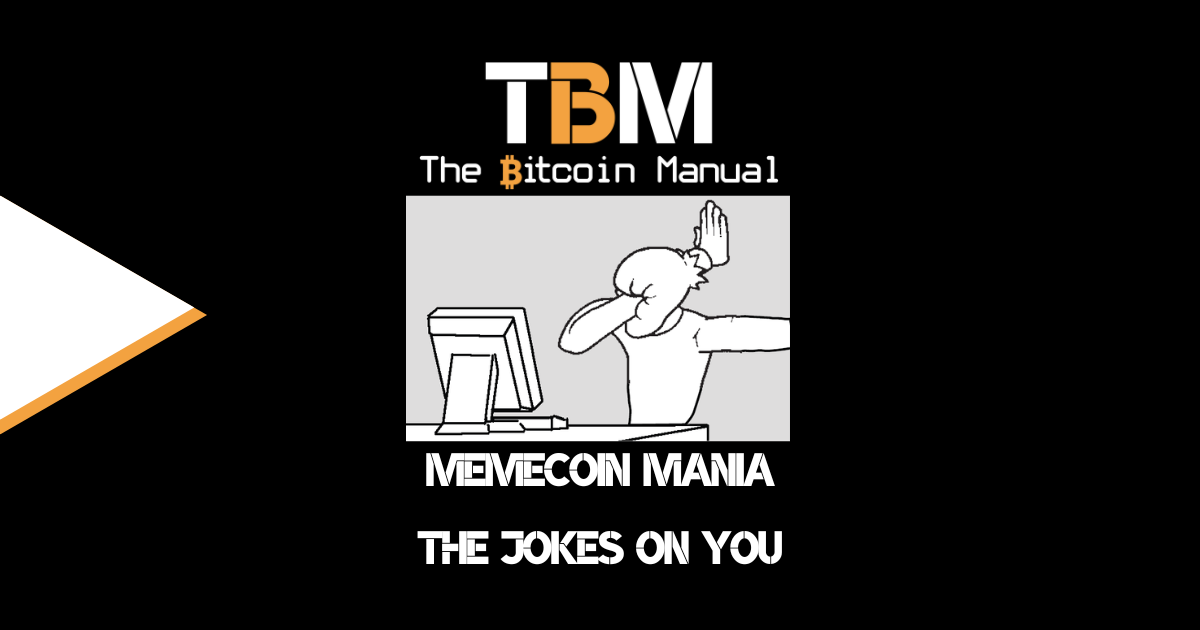As a newcomer to the world of bitcoin, you are facing an uphill battle to hold on to your sanity and any bitcoin you acquire. Since there is no central authority regulating the market, there are plenty of online scammers and opportunists looking to take advantage of novice investors and unsuspecting buyers.
If you choose to enter the world of self-sovereign money, you will need to arm yourself with as much information as possible and draw from several sources. By understanding the risks, pitfalls and dangers involved before making your move, you’ll be way ahead of the rest and be well on your way towards unlocking potential success in investing in bitcoin.
Your bitcoin is valuable, and the potential capital you could secure into bitcoin is valuable; opportunists realise this, and they’re lurking around every corner looking for ways to convince you to give them your hard-earned money and get nothing in return.
Bitcoin scams and narrative attacks come in a host of different flavours, which are often variations on an affinty scam. These newbie pitfalls are often referred to by bitcoin maximalists as “orange washing”.
But what exactly is orange washing, how do you spot it, and why should you be worried about it?
What is whitewashing?
Whitewashing is the act of glossing over or covering up vices, unethical practices, crimes or scandals or exonerating by means of a perfunctory investigation or biased presentation of data with the intention of misleading people or improving one’s reputation.
We’ve also seen the term updated as a description for the ESG movement, which aims to associate environmental protection as the reason why their fraudulent or failing business practices should be exempt from specific laws or critiques.
Greenwashing is a marketing ploy designed to create false impressions and misleading information about how a company’s products are environmentally sound. Greenwashing involves making an unsubstantiated claim to deceive consumers into believing that a company’s products are “environmentally friendly” or “sustainable” while obfuscating the real costs involved in what is often a subpar product.
What is orange washing?
Orange washing is a type of fraud or deception that has become increasingly common in the so-called “digital asset” space. They will claim to promote bitcoin, that they believe in the ideals of bitcoin, but then try to sell you an alternative product or get you to trust them with your bitcoin instead of taking self-custody of your funds.
It appears that many companies, influencers and crypto projects are seeking to capitalise on the growing popularity of cryptocurrency by utilising “orange-washing” techniques. This strategy involves manipulating public opinion by changing marketing messages in order to attract more attention and gain profits or followers.
It’s important to understand how this scheme works so that you can protect yourself from becoming a victim of an unscrupulous individual looking to take advantage of unsuspecting investors.
Where does the orange come from?
The orange in orange washing comes from the well-established bitcoin branding. Bitcoin’s logo and its orange colour go hand in hand with economic freedom, digital energy and innovation. These ideals that are synonymous with bitcoin can then be associated with projects and services that might leverage bitcoin but do not have the best intentions for the investor.
Fun fact: The current version of Bitcoin’s logo was created by an early Bitcoin Talk user that goes by the name Bitboy (not to be confused with the YouTuber Bitboy Crypto, who is ironically an orange-washing opportunist)
Exchange orange washing.
Arguably one of the most common places you will encounter blatant orange washing is with “cryptocurrency exchanges”; these digital asset platforms know that people are interested in bitcoin, and by all accounts, they target users with this message that we sell bitcoin.
However, once you sign up, you’ll be bombarded with a litany of shitcoins, all for the low, low price of the act now, and we will throw in some extra yield. Cryptocurrency exchanges have no incentive to sell you bitcoin, the margins on it are not that great, even if they’re mining themselves, but if you can sell a user something you created out of thin air, well that’s pure profit.
So these exchanges sucker you in with promises of bitcoin, then try to bury the buy and withdraw button from the user flow. Hence, you end up buying other useless tokens, end up trading or buying leveraged products, or, worst of all, leaving the funds with them to rehypothecate.
.@binance is an orange-washing affinity scam. A big one, but that's all it is. https://t.co/uAjmL3oD1u
— Cory Swan.com #Bitcoin WORKS (@coryklippsten) December 13, 2022
Altcoin orange washing.
Altcoin projects love to promote how much they appreciate what bitcoin has done for the industry but like a booster on a rocket ship, it has done its job and needs to be left behind while their revolutionary technology will continue the path towards this new decentralised utopia.
The theory goes, bitcoin got you into the stratosphere, but if you want to get to the moon, you need to jump on board *insert name of new shitcoin.
These projects will always talk about the shortcomings of bitcoin and how their project has solved this issue, but they will never speak about the trade-offs made to solve that one specific issue.
Beware ‘Orange Washing’
— Max Keiser, Sr. Bitcoin Adv. to Pres. Bukele 🇸🇻 (@maxkeiser) December 11, 2022
Most shitcoiners say they like or own #Bitcoin just to deceive you enough to pull a shitcoin scam. @kevinolearytv
Bitcoin project orange washing.
Another method of orange-washing your project is to claim that you’re not competing with bitcoin, but you’re merely helping bitcoin adoption with your “side-chain”.
Yet the side-chain is one in name only, having an obscure or centralised peg-in and peg-out system to clip fees off of users and have its own native token to sell users. What these project claim to do is bring the “innovation” from the shitcoin ecosystem and port it into their environment where you can use bitcoin, or their native token of course.
Although these projects claim to be pegged or indebted to the bitcoin network and the asset, and they support the pioneering work being done, behind the scenes, it’s all about funnelling bitcoin liquidity into the company and insiders cophers for what will eventually be a white elephant of a project.
"But it's built on Bitcoin!"
— Jimmy Song (송재준) (@jimmysong) July 22, 2022
Orange-washing at its worst. If you're issuing a centralized token, it doesn't matter where you build it. You're still a scammer.
Grifters love to use orange washing.
Finally, we get to the small-time scammers, the Power Ranger Putty Patrollers of the orange-washing scammers. They will use the bitcoin brand and #bitcoin to farm out content, give their take on the latest news and try to position themselves as an authority on bitcoin.
These guys and girls spend their days building up social media followings with engagement farming, buying followers, constantly grinding out videos and podcasts or spewing out make-believe analysis on charts.
They use this technique to create an audience of the most susceptible users in the bitcoin space, and once they’ve created a large enough churn rate, they can begin to sell you on courses, affiliate links, paid groups or shitcoin and NFT projects.
Lies! #Bitcoin is monetary network; orange washing opportunists and criminals looking to lift you of real value perpetuate this nonsense.
— Maple 🍁 (@GhostofMaplHodl) February 23, 2023
Avoid the "rare" #Sat grift. https://t.co/OtDz9WsgV7
Why do people attempt to orange-wash their products and services?
The TLDR is it’s profitable; you get to leverage the bitcoin brand, the marketing which continues to bring bright-eyed investors to the space and then use misdirection to divert their funds into your pocket.
Companies, influencers and altcoin projects are regularly engaging in the deceptive practice of orange washing to boost their reputation. This involves them paying lip service to a cause but not following through with any real effort or change.
Despite regular warnings from bitcoin maximalists about trusting these entities, risks of investing in companies, following influencers, and “hedging” in altcoin projects, every day, a new cohort of investors will fall for these traps.
If you encounter someone who continues to paint a rosy picture of bitcoin along with alternative offerings while never speaking about the possible downsides, and trade-offs, you’re likely in the early stages of falling into an “orange-washed” sales funnel, designed to leave you penniless.

Have you fallen for an orange wash scam?
Have you seen these scams before? Have you fallen for one of these scams? Please feel free to share it in the comments below; we’re always keen to hear others’ stories from around the globe.




